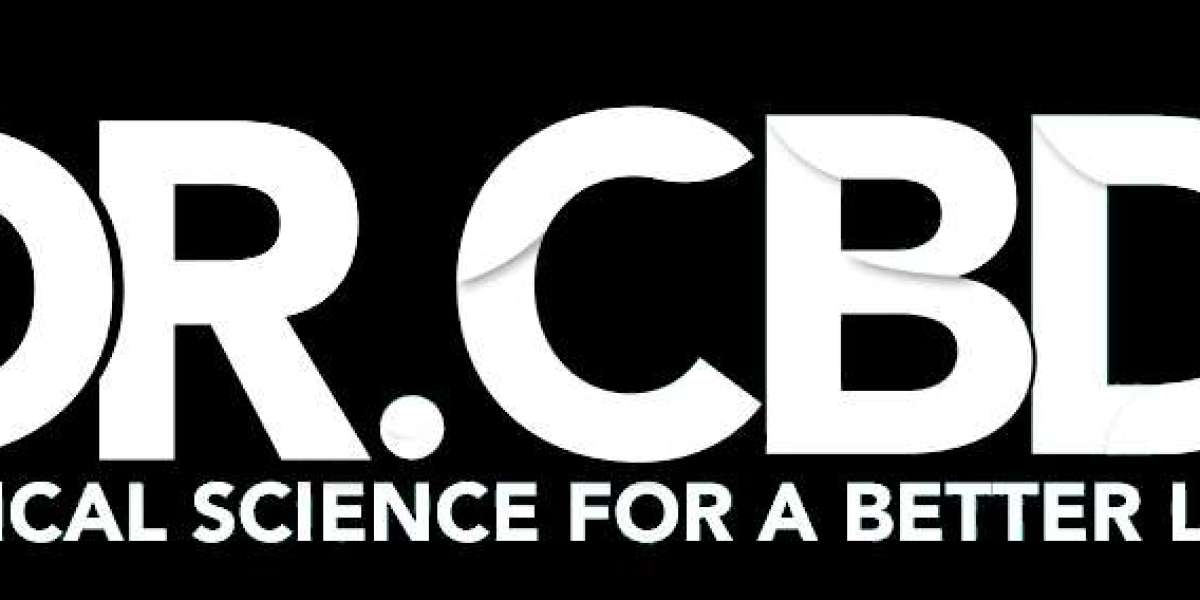Medical Transportation is a critical service that helps individuals access healthcare services safely and reliably. It provides transportation for patients who need assistance traveling to and from medical appointments, treatments, or procedures. This service is especially important for individuals who are elderly, disabled, or experiencing temporary health conditions that prevent them from using conventional transportation methods.
What is Medical Transportation?
Medical transportation refers to a range of transportation services designed to transport individuals to and from healthcare facilities. This can include emergency medical transportation, non-emergency medical transportation (NEMT), wheelchair transportation, and other forms of specialized transport. The goal of medical transportation is to ensure that patients can access healthcare services in a timely, comfortable, and safe manner.
Types of Medical Transportation
Emergency Medical Transportation (EMT)
- Emergency medical transportation is used in urgent situations where a patient requires immediate medical attention. This typically involves ambulance services, which are equipped with medical equipment and staffed with trained paramedics to provide emergency care during transport.
Non-Emergency Medical Transportation (NEMT)
- Non-emergency medical transportation (NEMT) refers to transportation for individuals who do not require immediate medical care but still need assistance getting to medical appointments, such as doctor's visits, physical therapy, dialysis treatments, or chemotherapy. These services are usually provided via specially equipped vehicles designed to accommodate wheelchairs, stretchers, or other medical needs.
Wheelchair Accessible Transportation
- Wheelchair accessible transportation is designed for individuals who use wheelchairs and need a specialized vehicle to ensure safe and comfortable travel. These vehicles are equipped with ramps, lifts, or lowered floors to accommodate wheelchairs and ensure that the passenger can remain in their wheelchair during the ride.
Stretcher Transportation
- Stretcher transportation is required for patients who cannot sit up or need to be transported lying down. This service provides a stretcher in a vehicle that is equipped to transport individuals who need continuous care or monitoring during transport.
Who Needs Medical Transportation?
Elderly Individuals
- Senior citizens who have limited mobility or require medical attention may need assistance getting to and from medical appointments. Medical transportation helps ensure they can maintain access to necessary healthcare services.
Individuals with Disabilities
- People with permanent or temporary disabilities may need medical transportation to attend doctor visits, physical therapy, or rehabilitation sessions.
Patients with Chronic Illnesses
- Individuals who suffer from chronic conditions such as heart disease, cancer, or kidney failure often require regular treatments like chemotherapy, dialysis, or other therapies that require transportation assistance.
Post-Surgical Patients
- After surgery, patients may find it difficult to travel independently. Medical transportation ensures that they can attend follow-up appointments and receive necessary care during their recovery.
Pregnant Women
- Pregnant women, especially those with high-risk pregnancies, may require medical transportation to appointments, particularly in emergencies.
Key Features of Medical Transportation
Safety and Comfort
- Medical transportation vehicles are equipped with features that ensure the safety and comfort of passengers, such as safety restraints, proper climate control, and comfortable seating. For those requiring specialized care, vehicles are equipped with medical equipment and emergency response systems.
Trained Medical Personnel
- Many medical transportation services provide drivers and attendants who are trained to assist with medical needs. This includes paramedics, nurses, or specialized attendants who can monitor the patient’s condition during transport.
Timeliness and Reliability
- Timeliness is critical in medical transportation, especially for those attending medical appointments or treatments that require a strict schedule. Medical transportation services ensure that patients are picked up and dropped off on time to avoid delays in care.
Flexible Scheduling
- Medical transportation services offer flexible scheduling, with some companies allowing patients to schedule rides in advance. Emergency medical transportation, of course, is available at any time, but non-emergency services may also be adjusted according to patient needs.
Wheelchair and Stretcher Access
- For patients who require wheelchairs, stretchers, or other mobility aids, medical transportation services ensure that the appropriate accommodations are available.
Benefits of Medical Transportation
Access to Healthcare
- Medical transportation ensures that individuals, particularly those with limited mobility or health concerns, can access necessary healthcare services without barriers.
Reduced Stress and Anxiety
- Knowing that reliable transportation is available reduces stress for patients and caregivers, particularly when attending important or frequent medical appointments.
Increased Independence
- For individuals with mobility challenges, medical transportation enables them to maintain independence by ensuring they have access to transportation when they need it.
Safety and Peace of Mind
- Patients can feel safe knowing that they are being transported in vehicles that are equipped for medical needs, and that trained personnel are available to provide assistance if needed.
Improved Health Outcomes
- Regular access to medical care can improve patient health outcomes by ensuring that individuals can attend appointments and receive treatments on time.
How to Choose the Right Medical Transportation Provider
Evaluate Services Offered
- Choose a provider that offers the specific services you need, whether it’s wheelchair accessible transportation, stretcher transportation, or non-emergency medical transportation.
Check for Licensing and Insurance
- Ensure that the transportation provider is properly licensed and insured to operate in your area. This ensures that the service meets safety standards and provides protection for both the patient and the provider.
Read Reviews and Testimonials
- Look for reviews from other patients or healthcare providers to assess the reliability and quality of the transportation service.
Consider Vehicle Condition and Safety
- Check the condition of the vehicles and ensure that they are clean, well-maintained, and equipped with the necessary medical equipment for your needs.
Verify Emergency Services
- For patients who may require emergency medical transportation, verify that the provider offers immediate response services with medical staff if necessary.
The Future of Medical Transportation
Telemedicine Integration
- With the rise of telemedicine, patients may no longer need to visit a healthcare facility in person for every consultation. However, medical transportation still plays an important role for those requiring in-person visits or treatments that cannot be conducted remotely.
Eco-Friendly Solutions
- Many medical transportation companies are looking into electric or hybrid vehicles to reduce emissions, contributing to a more sustainable and eco-friendly healthcare system.
Technological Advancements
- Advancements in GPS tracking, real-time updates, and automated scheduling could make medical transportation services even more efficient, ensuring that patients arrive on time and are kept informed throughout the journey.
Conclusion
Medical transportation is essential for ensuring that individuals can access the healthcare services they need safely and comfortably. Whether it’s for emergency care or scheduled medical appointments, medical transportation services provide crucial support for individuals with mobility challenges, ensuring they can maintain their health and independence. Choosing the right provider can make all the difference in ensuring that patients receive the timely and reliable transportation they need for their healthcare journeys.






